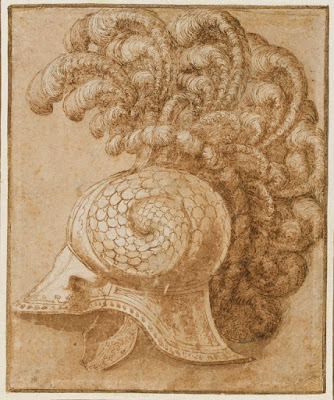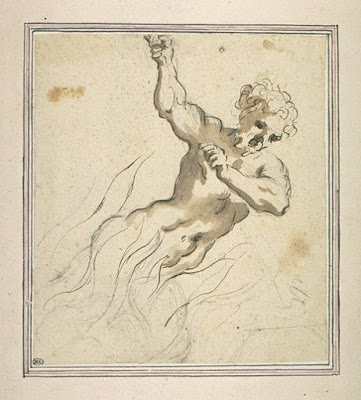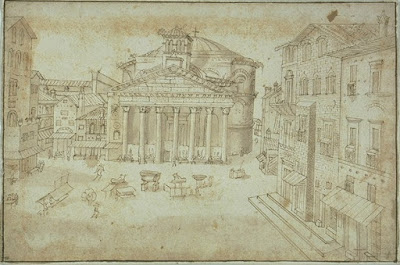 |
| Anonymous Italian Artist Study of Plumed Helmet 16th century drawing Musée du Louvre |
 |
| Anonymous Italian Artist Study of Man in Flames 17th century drawing Musée du Louvre |
 |
| Anonymous Italian Artist Study of Man in Motion 17th century drawing Musée du Louvre |
 |
| Anonymous Italian Artist Studies of Animal Skulls and Mask 16th century drawing Musée du Louvre |
 |
| Anonymous Italian Artist Study of Antique Statue Group - The Wrestlers 18th century drawing Musée du Louvre |
 |
| Anonymous Italian Artist Study of Antique Statues of Venus and of Minerva 17th century drawing Musée du Louvre |
 |
| Anonymous Italian Artist Three Virtues 16th century drawing Musée du Louvre |
 |
| Anonymous Italian Artist Sheet of Studies 16th century drawing Musée du Louvre |
 |
| Anonymous Italian Artist Allegory of Charity 16th century drawing Musée du Louvre |
 |
| Anonymous Italian Artist Banquet in Antiquity 17th century drawing Musée du Louvre |
 |
| Anonymous Italian Artist Capriccio with Ruins 18th century drawing Musée du Louvre |
 |
| Anonymous Italian Artist Castel Sant'Angelo, Rome 16th century drawing Musée du Louvre |
 |
| Anonymous Italian Artist Pantheon, Rome 16th century drawing Musée du Louvre |
The relatively early view, directly above, of the Pantheon – one of very few near-complete surviving structures from ancient Rome – reveals a large centralized bell tower emphasizing the temple's "transformation" into a Christian church (a change of function responsible for the building's survival). This ugly central tower was removed in the 17th century and replaced by a pair of slightly smaller but equally intrusive towers at either end of the pediment (as can be seen in the view directly below, which also features an early version of the piazza fountain, not yet constructed in the view above). The smaller pair of bell towers survived in their turn for roughly another century, until finally removed altogether as a new fashion for historic preservation overtook earlier imperatives for orthodoxy.


